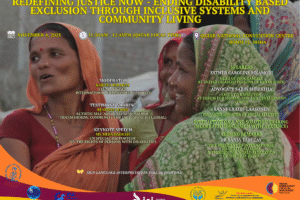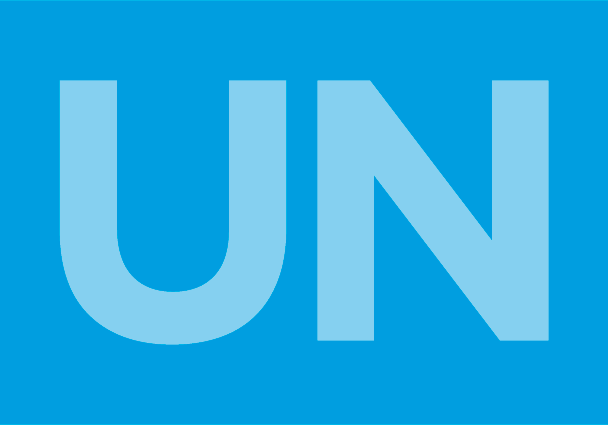
Dec 13, 2012
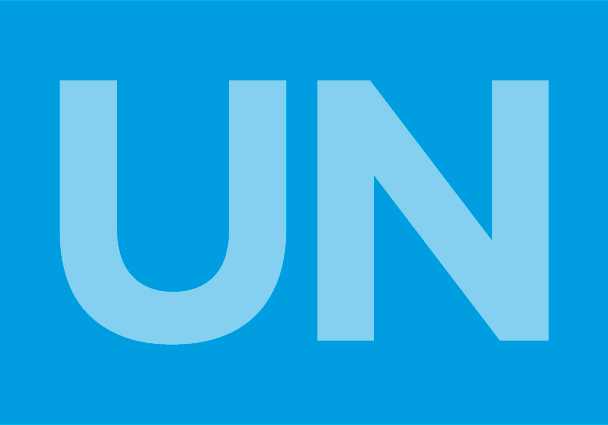 The Geneva Academy of International Humanitarian Law and Human Rights, with the support of the Academic Platform Switzerland UN, today convened an expert meeting on the independence of the UN treaty bodies.
The Geneva Academy of International Humanitarian Law and Human Rights, with the support of the Academic Platform Switzerland UN, today convened an expert meeting on the independence of the UN treaty bodies.
Providing a critical assessment from civil society, the ICJ’s UN Representative spoke of the legal and policy challenges in the proposal to establish a code of conduct for treaty body members. His intervention posited that:
- The General Assembly’s intergovernmental process on the strengthening of the treaty bodies has no legal competence to establish or impose a code of conduct for treaty body members;
- A request by the intergovernmental process for treaty bodies to themselves establish a code of conduct would be inappropriate and inconsistent with the framework of the human rights treaty bodies; and
- Such a request is also unnecessary.
The ICJ’s intervention reflects its submission to a civil society consultation on the intergovernmental process.
ICJ-TBStrengtheningCSForum-legal submission (2012) (download in PDF)
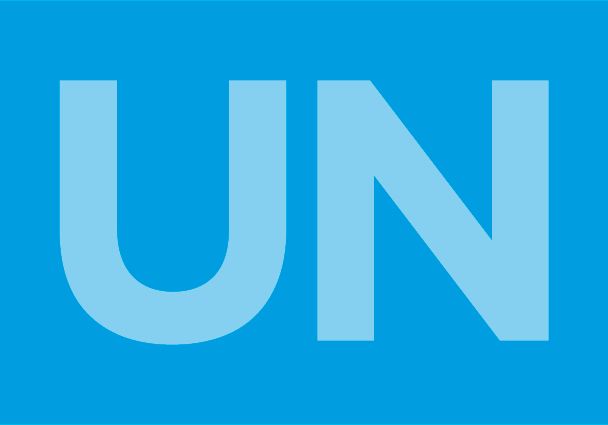
Dec 7, 2012
In a joint submission to the Committee against Torture concerning Peru, the ICJ and COMSIDEH-Peru called for recommendations concerning accountability for torture and ill-treatment of persons and the enhancement of measures to prevent and detect such conduct and to provide remedies to victims.
During its session in October and November 2012, the Committee against Torture undertook an examination of Peru’s sixth periodic report under the Convention against Torture and Other Cruel, Inhuman or Degrading Treatment or Punishment (the Convention).
The joint submission of the ICJ and COMSIDEH-Peru (Comisión de Derechos Humanos – Peru) brought to the attention of the Committee issues related to articles 2, 4, 10, 11, 13, 14 and 16 of the Convention.
Peru-ICJ-COMISEDH-CAT49-AlternativeReport-legal submission (2012) (download PDF version of submission in Spanish)
Peru-CAT49-ConcludingObservations (download Word version of Concluding Observations in English)
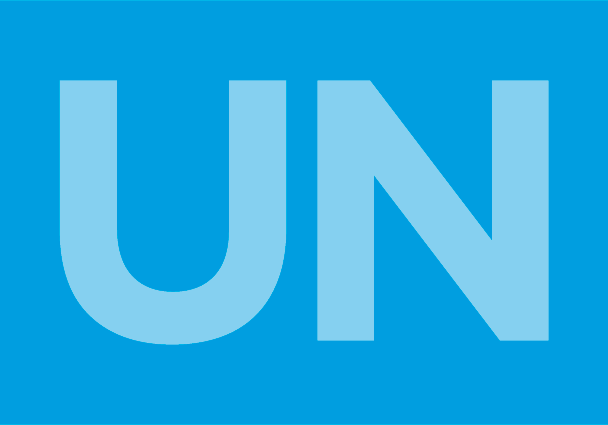
Dec 7, 2012
 In a submission to the Human Rights Committee concerning Indonesia, the ICJ has called for attention to issues of accountability and access to justice, religious tolerance and the freedoms of peaceful assembly and association.
In a submission to the Human Rights Committee concerning Indonesia, the ICJ has called for attention to issues of accountability and access to justice, religious tolerance and the freedoms of peaceful assembly and association.
During its session in July 2013, the Human Rights Committee (HRC) will undertake an examination of Indonesia’s initial report under the International Covenant on Civil and Political Rights (ICCPR). Ahead of this, during its session in March 2013, the HRC will prepare and adopt a list of issues. The ICJ’s submission brings to the attention of the Committee issues related to articles 2, 18, 21 and 22 of the ICCPR.
The ICJ’s submission refers to the need for more effective investigation of abuses that impair the ICCPR, including accountability for such abuses, especially as this affects oversight and accountability of intelligence services. The submission also suggests that questions be raised with the Government of Indonesia concerning religious tolerance and the freedoms of assembly and of association as it affects lesbian, gay, bisexual and transgender individuals and organisations.
Indonesia-HRCttee107-LOI-legal submission (2012) (download PDF in English)
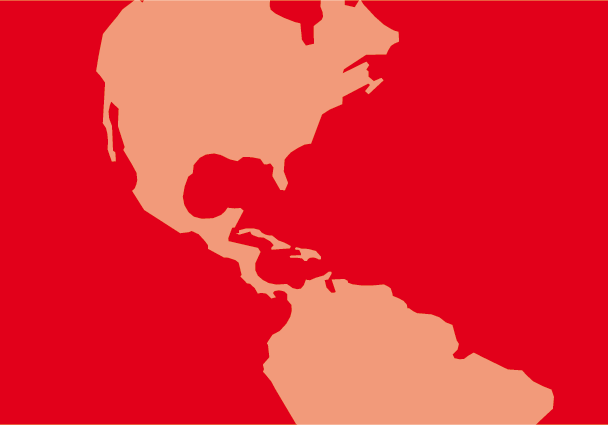
Oct 31, 2012
The ICJ has brought to the attention of the UPR mechanism issues concerning Colombia’s responsibility to combat the persistent impunity of perpetrators of gross human rights violations, as well as other key issues to be addressed in the review of Colombia’s compliance with international human rights.
From 22 April to 3 May 2013, the Human Rights Council’s Working Group on the UPR will consider the situation of human rights in Colombia. Ahead of the Working Group’s review, the ICJ has made a submission in which it has made suggested recommendations concerning:
- Combating impunity;
- Reforms affecting access to justice for victims of human rights violations;
- Intimidation of human rights defenders; and
- Colombia’s engagement with international human rights instruments and mechanisms.
Colombia-UPR16-StakeholderSubmission-legal submission (2012) (download full submission in PDF)
Colombia-UPR16-AdvocacyNote-NonLegalSubmission-2013 (download advocacy note in PDF)
IColombia-UPR16-ComparisonChart-NonLegalSubmission-2013 (download comparison with first cycle UPR of Colombia)
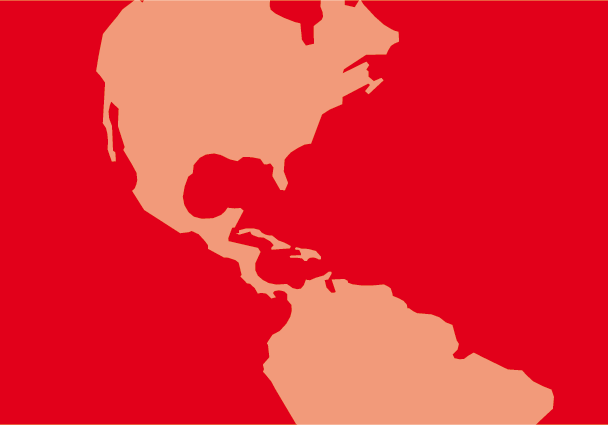
Oct 31, 2012
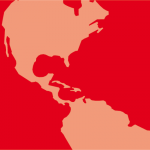 The ICJ has brought to the attention of the Universal Periodic Review (UPR) mechanism issues concerning the activity of the Canadian business sector and its implications for human rights, as well as other key issues to be addressed in the review of Canada’s compliance with international human rights.
The ICJ has brought to the attention of the Universal Periodic Review (UPR) mechanism issues concerning the activity of the Canadian business sector and its implications for human rights, as well as other key issues to be addressed in the review of Canada’s compliance with international human rights.
From 22 April to 3 May 2013, the Human Rights Council’s Working Group on the UPR will consider the situation of human rights in Canada. Ahead of the Working Group’s review, the ICJ has made a submission in which it has made suggested recommendations concerning:
- Activities of the business sector and their implication for human rights as this relates to the mining sector and the recent Bill to impose guidelines on responsible and human rights compliant behaviour for Canadian mining, gas and oil companies operating overseas;
- Use and exportation of asbestos to other States; and
- Canada’s engagement with international human rights instruments and mechanisms.
Canada-UPR16-StakeholderSubmission-legal submission (2012) (download full submission in PDF)
Canada-UPR16-AdvocacyNote-NonLegalSubmission-2013 (download advocacy note in PDF)
Canada-UPR16-ComparisonChart-NonLegalSubmission-2013 (download comparison with first cycle UPR of Canada)

 The Geneva Academy of International Humanitarian Law and Human Rights, with the support of the Academic Platform Switzerland UN, today convened an expert meeting on the independence of the UN treaty bodies.
The Geneva Academy of International Humanitarian Law and Human Rights, with the support of the Academic Platform Switzerland UN, today convened an expert meeting on the independence of the UN treaty bodies.






